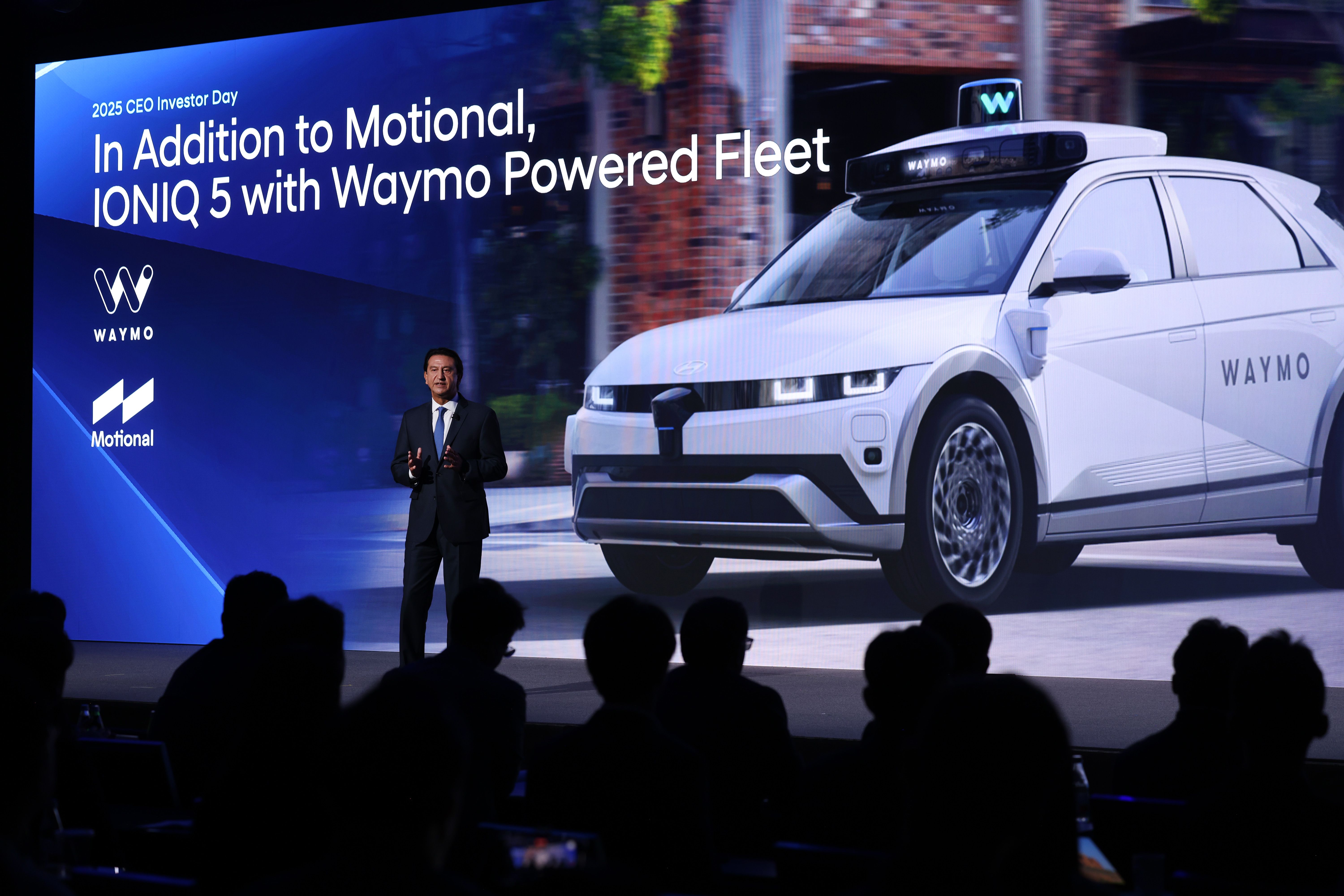Hyundai's CEO is scrambling to distance his company from the high-profile ICE raid in Georgia that arrested 475 Korean workers, insisting the September 4th operation targeted a neighboring LG Energy battery plant, not Hyundai's facility. José Muñoz's clarification comes as the raid threatens to chill foreign investment in U.S. manufacturing at a critical moment for EV production.
The corporate damage control was swift and pointed. Standing before reporters after Hyundai's CEO Investor Day in New York, José Muñoz delivered what amounted to a geography lesson with geopolitical implications.
"I could not believe what I saw because I would have known, probably before the news," Muñoz said, describing his reaction to headlines linking Hyundai to the September 4th ICE raid that arrested 475 Korean workers in Georgia. "So I said, something is weird here. How can something happen [and] nobody told me? And when I go into the details, then I realize it's not our facility. It's LG's battery plant."
The distinction matters more than corporate semantics suggest. While both companies operate in Georgia's sprawling industrial complex, most of the detained workers were employed by suppliers for LG Energy Solutions, not Hyundai directly. But the media narrative had already crystallized around Hyundai's name, creating a crisis management nightmare for the Korean automaker.
Muñoz's frustration was palpable as he griped about photo coverage. "All the pictures that were shown everywhere, they are pictures of a facility which is different from where the raid happened," he told reporters. The CEO even deployed an analogy that landed somewhere between clever and clunky: "It's like something happened at Fox News, and they said, 'How come you didn't know?' I said, 'Hey, I'm working for CNN,' right? So same deal."
The raid's impact, however, transcends corporate blame games. Hyundai confirmed construction delays of two to three months due to labor shortages - a tangible consequence that no amount of clarification can erase. The timing couldn't be worse for the company's ambitious U.S. expansion plans, which depend heavily on specialized Korean expertise to build cutting-edge EV battery facilities.
President Trump moved quickly to contain diplomatic fallout, announcing that foreign companies can temporarily bring "people of expertise" to train American workers. But labor experts warn the damage may already be done. Foreign companies now face the stark reality that their own employees could be swept up in immigration enforcement, even when following standard industry practices.
